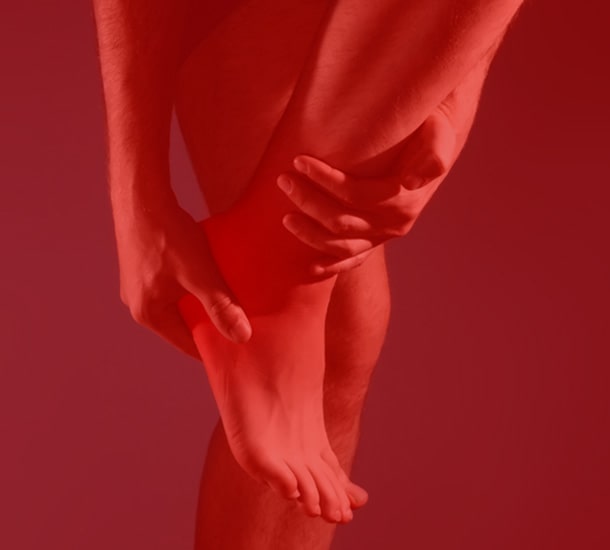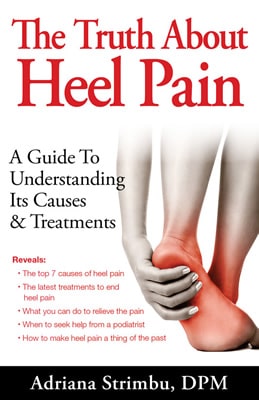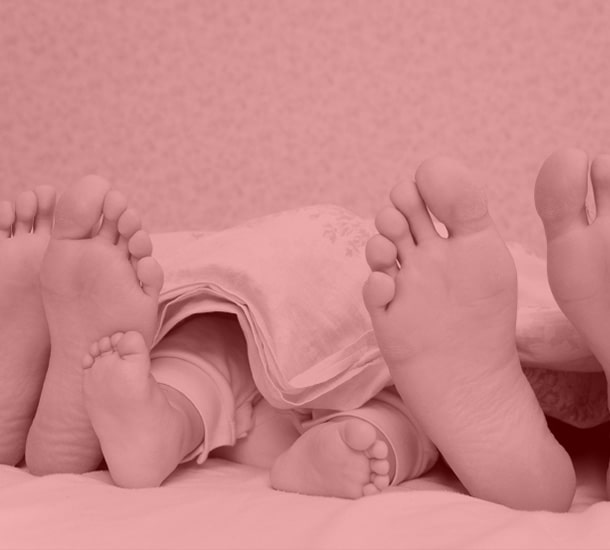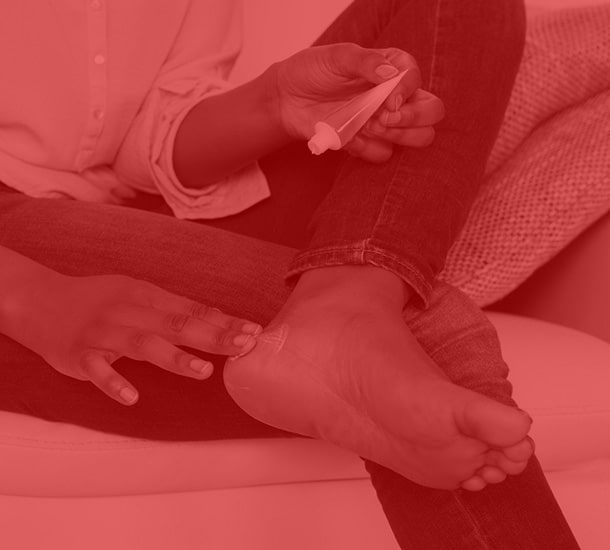 Custom made orthotics are not the same as store bought orthotics or insoles that you buy over the counter. They may look the same, but they are different. If you are not familiar with custom made orthotics, I will explain here:
Custom made orthotics are not the same as store bought orthotics or insoles that you buy over the counter. They may look the same, but they are different. If you are not familiar with custom made orthotics, I will explain here:
- What they are?
- How they are different?
- What kind/ type of custom orthotics are there?
- How they help you?
- How they may help avoid surgery?
- Who can benefit from them?
- What kind of foot problems can they help?
What are custom made orthotics?
Custom made orthotics are prescription shoe insoles that are made exactly for your foot type and shape using a mold or 3D scan of your feet. They are unique to your own feet. An impression of your feet is obtained, which is then sent to the laboratory for fabrication.
How are custom made orthotics different from store orthotics or insoles?
Custom made orthotics are made to perfectly fit to your feet. This allows best support to your feet, better balance, and better function during your daily activities such as walking and running. Custom made orthotics can be compared to prescription eyeglasses as opposed to over-the-counter eyeglasses. They are prescribed and made exactly from a mold of your feet.
Another, important thing to note is that store bought orthotics wear out quickly. Custom made orthotics will last you a minimum of 3 years. In many instances they can last as much as 5 years depending on how much they are being used. Over the counter orthotics usually wear out within about 6 months.
What kind of custom-made orthotics are there?
There are two types of custom-made orthotics which are functional and accommodative. The functional custom-made orthotics are usually more rigid, and their primary function is to support and correct abnormal motion within the feet. The accommodative custom orthotics are usually softer, mainly used for diabetics and those patient with sensitive feet, and their function is primarily to help protect the feet which also helping with support.
Then you have different lengths of orthotics. For example, you can have ¾ length orthotics which run from the heel to the ball of the foot, or you can have full length orthotics which cover the entire sole of the foot. The ¾ length orthotics are usually used for dressier shoes where you cannot afford to put a full length orthotic because if you do then your shoe will be too tight and uncomfortable. And usually, the ¾ length orthotics are used in men dressy shoes.
Another way we can classify orthotics is by the type of material used or their thickness. We cannot use the same type of orthotic for a marathon runner as we would use for a woman who goes to work in high heels and sits at a desk the whole day. These 2 patients are different. One is more active and will need more support and the other is sedentary. Also, one uses a sneaker and the other uses a high heel shoe. The patients who use the orthotic in a sneaker will need a different kind of orthotic, one which is thicker and more rigid. The patient using the high heel shoes will be needing a thinner orthotic so that it would fit in the dressy shoe but at the same time also provide support.
How do custom orthotics help you?
Here are some ways that custom orthotics can help you:
- Relieve pain.
- Prevent injury.
- Correct your walking pattern and foot deformity.
- Effective and efficient foot support.
- Enhance athletic performance.
- Better health.
How do custom made orthotics may help you avoid surgery?
Custom made orthotics may help you avoid surgery for many foot problems such as bunions, hammertoes, heel pain, and many more. The way they do that is by redistributing pressure on the feet and preventing abnormal motion and thus preventing progression of the deformity and decreasing the pain.
Who can benefit from custom made orthotics?
When it comes to who can benefit from custom made orthotics, the answer is anyone could benefit from them. Custom made orthotics can only help you and you cannot go wrong using them. They can only help you. Your feet do not have to be hurting for you to start wearing custom made orthotics. Because pain free feet do NOT mean problem free feet. You can have biomechanical imbalance or foot deformity which do not cause other problems and mal alignment within the body. Custom made orthotics help support your feet and correct your imbalance.
They are recommended to patients of all ages from kids to adults. The earlier you catch and treat a biomechanical problem in the feet, the better the changes to correct it and prevent it from getting worse. The main role of the custom-made orthotics is to prevent abnormal motion and imbalance within the feet and thus prevent biomechanical problems, pain and injury.
Others who can benefit from custom made orthotics are diabetics, runners and athletes who play sports such as volleyball, football, soccer, baseball, tennis, etc. Also, any personal that spends a lot of time on their feet such as mailman, UPS or Fedex workers, hospital personal such as nurses and doctors. Orthotics are also important in any person who is overweight and in pregnant women.
What kind of foot problems can be helped by custom made orthotics?
Custom made orthotics can help many foot problems such as:
- Plantar fasciitis is inflammation of the ligament on the bottom of the feet which connects the heel bone to the toes.
- Heel spur is extra bone formation at the bottom of your heel bone due to the tight plantar fascia.
- Achilles tendonitis is inflammation of the Achilles tendon, a tendon in the back of your lower leg.
- Posterior Tibial tendonitis is inflammation of the posterior tibialis tendon on the inside of the foot.
- Peroneal tendonitis is inflammation of the peroneal tendon found on the outside of the foot and ankle.
- Achilles enthesopathy is spur formation to the back of the heel bone.
- Morton’s neuroma is a tangle of nerves within the third intermetatarsal space.
- Bunion (Hallux Valgus) is bony bump at the first metatarsal phalangeal joint.
- Hammertoe is contraction (bending) of the toe.
- Metatarsalgia is pain and inflammation in the ball of the foot due to overuse and fat atrophy.
- Tarsal tunnel syndrome is compression of the posterior tibial nerve in the inside of the ankle.
- Baxter Neuritis is compression of the first branch of the lateral plantar nerve into the heel.
- Calcaneal apophysitis (Sever’s disease) is painful inflammation of the heel’s growth plate in children.
- Sinus tarsi syndrome is pain and inflammation within the lateral aspect of the foot, within the sinus tarsi.
- Osteoarthritis is most common form of arthritis. It occurs when the cartilage at the end of the bones is worn out causing pain and inflammation.
- Diabetic foot or neuropathic foot can also benefit from custom orthotics for protection and support.
- Corns and calluses are hard skin formations of the feet which are usually caused by high pressure on the feet.
- Ankle sprain is stretching or tearing of the ankle ligaments. Most often it is the lateral ankle that gets the most sprains.
- Capsulitis is inflammation and damage within the joint capsule and/or surrounding area. Most affected within the foot is second metatarsal phalangeal joint.
- Pronation is natural movement of the foot as it rolls inward. Flat feet occur when there is too much pronation and rolling inward of the feet causing the medial longitudinal arch to collapse.
- Supination is rolling motion to the outside edge of the foot during walking. It is the opposite of pronation.
- In-toeing is a condition where a child foot points inward instead of straight.
- Out-toeing is a condition where a child foot points outward instead of straight.
- Limb length deformity is when one leg is longer than the other.
Why the price difference between the custom-made orthotics and over the counter insoles?
The difference in the price between the two has to do with customization of the custom-made orthotics. The customization of the custom-made orthotics starts with the examination of the feet, time to take exact impression of the foot, molding or 3D scanning, the material used and the specifications needed to make the them. All of these contribute to the price of the custom-made orthotics. But the custom-made orthotics last longer and are more effective and efficient.
If you are interested to find out more how custom-made orthotics can help you, please contact us at Adriana Strimbu, DPM, PA to schedule an appointment. You can call us at 954-455-9404 for appointment or more information.





